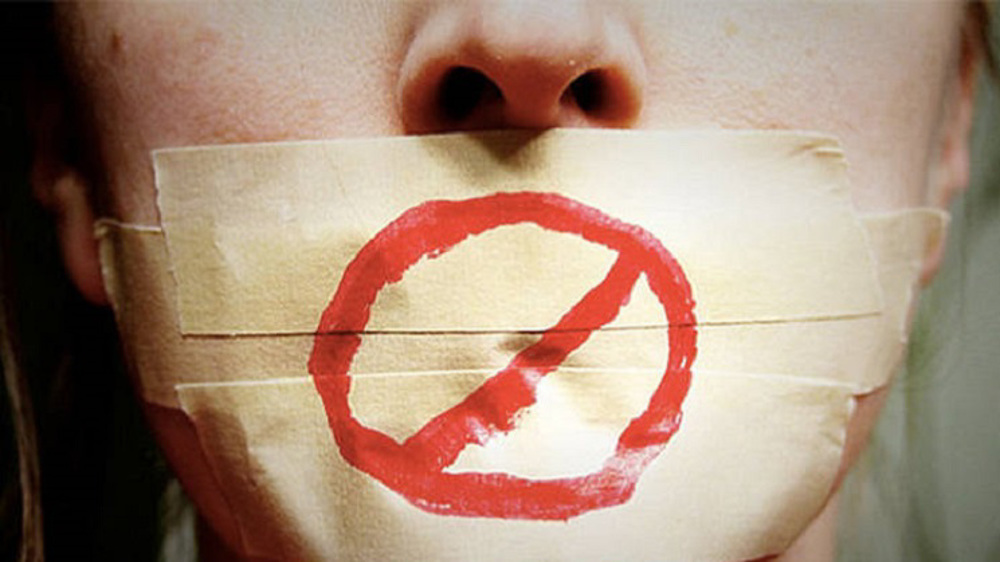Government bans ‘anti-capitalist’ material from schools
The Department for Education (DfE) has ordered schools in England to shun material and resources from organizations which it claims have expressed a “desire to end capitalism”.
The DfE guidance issued on September 24 not only categorizes anti-capitalism as an “extreme political stance” but in fact goes much further by equating it to “opposition to freedom of speech”, “anti-semitism” and “endorsement of illegal activity”.
The guidance explicitly forbids the use of any material produced by groups which according to the DfE’s definition adhere to “extreme political stances”.
“Schools should not under any circumstances use resources produced by organizations that take extreme political stances on matters. This is the case even if the material itself is not extreme, as the use of it could imply endorsement or support of the organization”, the hardline guidance states.
Not surprisingly the DfE’s position has elicited sharp opposition from multiple political and ideological quarters.
Former shadow chancellor, John McDonnell, condemned the measures on the grounds that they effectively “outlaw” reference in schools to “key events” in British history.
Speaking to the Guardian (September 27), McDonnell claimed the DfE’s move symbolizes growing “authoritarianism” within the ruling Tory party.
“On this basis [DfE’s approach] it will be illegal to refer to large tracts of British history and politics including the history of British socialism, the Labor Party and trade unionism, all of which have at different times advocated the abolition of capitalism”, McDonnell told the Guardian.
Meanwhile, former Greek finance minister and prominent economist, Yanis Varoufakis, told the Guardian that the guidance demonstrates “how easy it is to lose a country, to slip surreptitiously into totalitarianism”.
Relentless Israeli ceasefire violations justify need for self-defense: Lebanese MP
Tel Aviv tells Damascus Israeli forces will remain in occupied territory: Report
Dec. 22: ‘Axis of Resistance’ operations against Israeli occupation
‘Abhorrent’: Oxfam says only 12 trucks delivered aid in North Gaza since Oct.
VIDEO | Leader receives religious eulogists on Hazrat Fatima birth anniv.
Pope Francis slams Israel’s ‘machine-gunning’ of Gaza children
US hostage-taking of Iranian nationals violation of intl. law: Deputy FM
VIDEO | Carol Singers for Palestine on London’s Parliament Square










 This makes it easy to access the Press TV website
This makes it easy to access the Press TV website